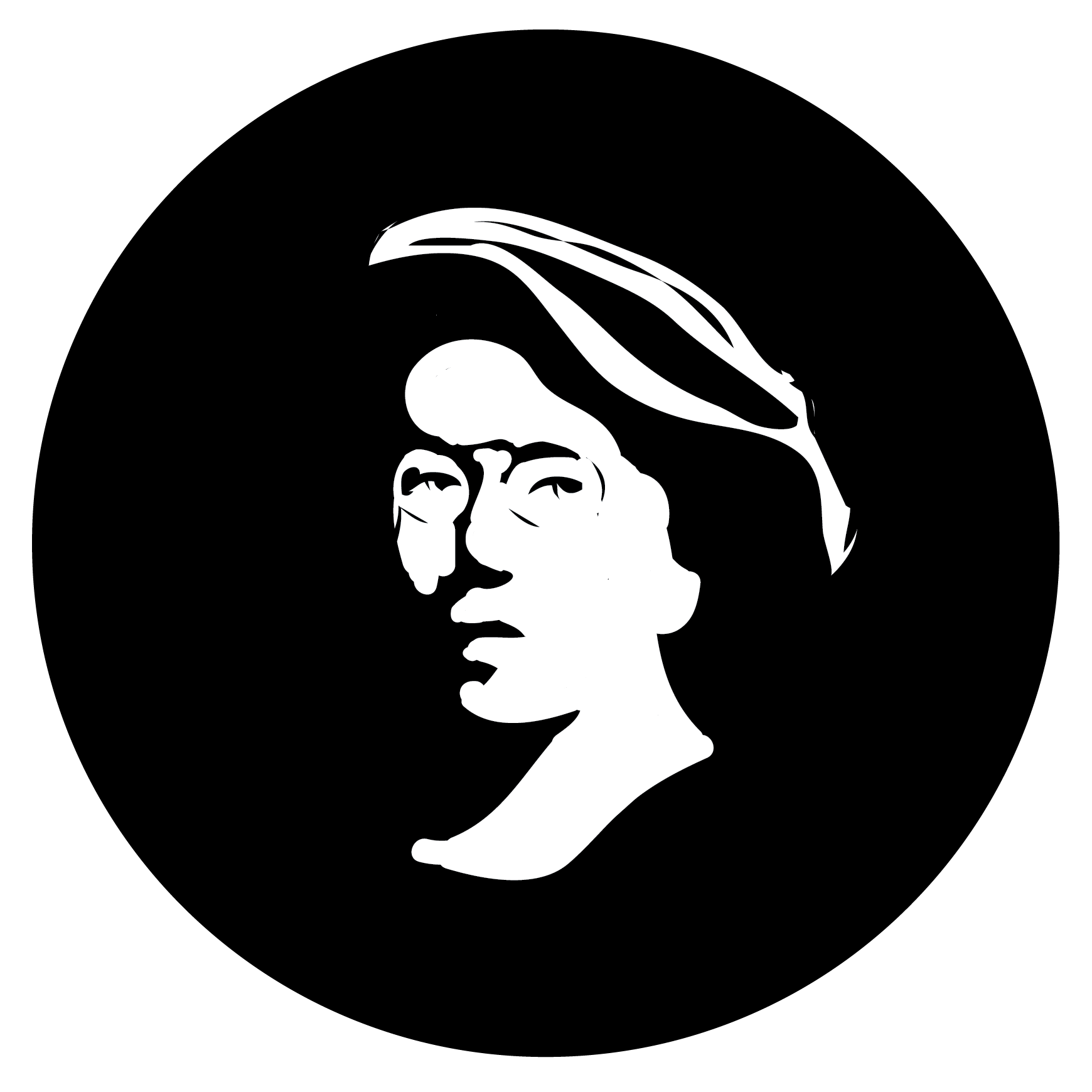It does not seem particularly controversial to mark the beginnings of what will come to be called the 60s in the third world with the great movement of decolonization in British and French Africa. It can be argued that the most characteristic expressions of a properly first world 60s are all later than this, whether they are understood in countercultural terms-drugs and rock - or in the political terms of a student new left and a mass antiwar movement. Indeed, politically, a first world 60s owed much to third-worldism in terms of politicocultural models, as in a symbolic Maoism, and, moreover, found its mission in resistance to wars aimed precisely at stemming the new revolutionary forces in the third world. The one significant exception to all this is in many ways the most important first world political movement of all-the new black politics and the civil rights movement, which must be dated, not from the Supreme Court decision of 1954, but rather from the first sit-ins in Greensboro, North Carolina, in February of 1960. Yet it might be argued that this was also a movement of decolonization, and in any case the constant exchange and mutual influences between the American black movements and the various African and Caribbean ones are continuous and incalculable throughout this period.
The independence of Ghana (1957), the agony of the Congo (Lumumba was murdered in January 1961), the independence of France's sub-Saharan colonies following the Gaullist referendum of 1959, finally the Algerian Revolution (which might plausibly mark our schema here with its internal high point, the Battle of Algiers, in January-March 1957, as with its diplomatic resolution in 1962)-all of these signal the convulsive birth of what will come in time to be known as the 60s.
—Fredric Jameson, "Periodizing the 60s"
